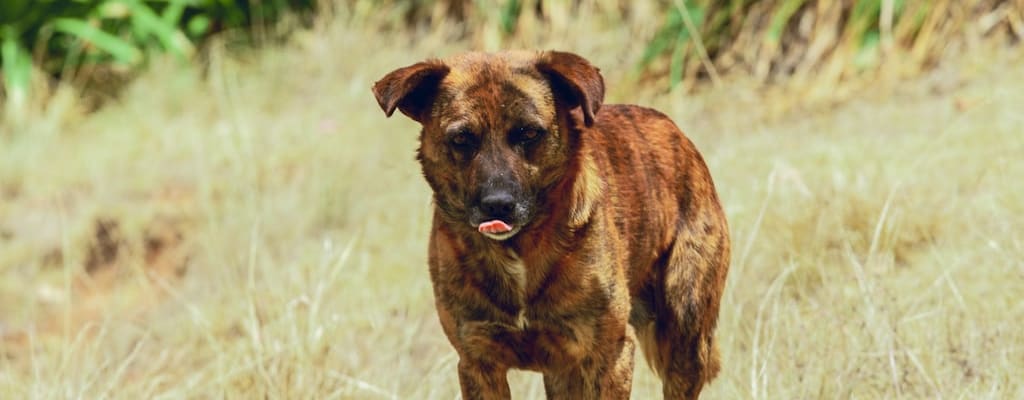pigeon: Idiom Meaning and Origin
What does ‘pigeon’ mean?
The idiom pigeon refers to someone who is easily fooled or taken advantage of, often used in the phrase "to be a pigeon." It implies gullibility or naivety, suggesting that the person is an easy target for scams or trickery.

Idiom Explorer
The idiom "sitting duck" refers to a vulnerable or defenseless target that is easily caught or attacked. It implies someone or something that is exposed to danger, without any means of protection or escape.
The idiom "sell someone a bill of goods" means to deceive or mislead someone, especially by making false or exaggerated claims about a product or service.
The idiom "put one over" means to deceive or trick someone in a clever or sneaky way.
The idiom "play games" means to behave in a deceptive or manipulative way, often for personal gain or advantage.
The idiom "pitch woo" means to engage in amorous behavior or to flirt with someone romantically. It is often used to describe the act of wooing or courting a potential partner.
The idiom "pie-in-the-sky" refers to something that is unrealistic or unlikely to happen. It describes a situation or idea that may seem appealing or enticing, but is not practical or achievable in reality.
The idiom "pie in the sky" means something that is unrealistic or unlikely to happen. It refers to a promise or idea that sounds good but is not practical or achievable.
The idiom "piece of work" refers to a person who is difficult to deal with or understand, often due to their complex or challenging behavior or personality.
The idiom "piece of someone" means to have a deep understanding or knowledge of someone's character or personality.
The idiom "piece of shit" is an offensive expression used informally to describe something or someone as being of very poor quality or value.
Unveiling Pigeon's Enigmatic Symbolism
Pigeon is an idiomatic expression that refers to someone who is easily fooled or taken advantage of. The term originated from the behavior of pigeons, which are known for their gullibility and lack of caution, often falling prey to traps or tricks set up by humans.
The idiom can be traced back to the early 19th century, where it first appeared in English literature. It gained popularity over the years and became a commonly used phrase to describe individuals who exhibit naivety or vulnerability in various situations.
In American popular culture, the idiom "pigeon" is frequently used in the context of gambling and scams. Pigeons are often targeted by con artists and swindlers who exploit their trusting nature for personal gain. The term is commonly associated with individuals who are easily swayed by fraudulent schemes or easily cheated in games of chance.
Furthermore, the idiom "pigeon" is sometimes used in a broader sense to describe anyone who is an easy target or a person who is easily deceived, not limited to the realm of gambling. In this context, it conveys a sense of vulnerability and lack of discernment.
It is worth noting that the idiom "pigeon" has negative connotations, often implying foolishness or stupidity. The term is not used to praise or commend someone but rather to highlight their susceptibility to being deceived or taken advantage of.
While the idiom "pigeon" is commonly understood in the English language, its origins and etymology beyond the metaphorical association with actual pigeons remain relatively unknown. Its precise usage and meaning have evolved over time, shaped by cultural, historical, and contextual factors.
As with many idiomatic expressions, the idiom "pigeon" carries with it a certain degree of ambiguity and subjectivity. Its interpretation can vary depending on the context and the understanding of the speaker or listener. However, what remains clear is its consistent usage to describe individuals who are easily deceived or taken advantage of.
The idiom "get taken in" is closely related to the concept of being a "pigeon." It refers to the act of being fooled or deceived by someone or something. When someone gets taken in, they are lured into a trap or scheme, just like a pigeon falling prey to a trap set by a hunter. This idiom highlights the vulnerability and lack of discernment that pigeons represent.
The idiom "sitting duck" is another related expression to being a "pigeon." It describes someone who is an easy target, just like a sitting duck waiting to be shot at. Pigeons, with their gullible nature and lack of caution, are often depicted as sitting ducks in various situations, making them perfect targets for exploitation or deception.
Similarly, the idiom "easy pickings" is often linked to the concept of being a "pigeon." It refers to something or someone that is simple to take advantage of or exploit. Pigeons, as easy targets for predators, represent the idea of being easy pickings. Just as pigeons can be easily tricked or taken advantage of, individuals who are pigeons in certain situations also become easy pickings for those looking to deceive or exploit.
The idiom "put one over" is another expression related to being a "pigeon." It means to successfully deceive or trick someone. Pigeons, with their gullible nature and lack of caution, are often the victims of people who put one over on them. They become the subjects of manipulation or schemes, falling for the tricks and deception of others.
The idiom "sell someone a bill of goods" also correlates with the concept of being a "pigeon." It refers to persuading or convincing someone to believe something that is not true or valuable. Pigeons, with their trusting nature, are often sold a bill of goods by con artists who make false promises or claims. This idiom captures the idea of someone being easily deceived or taken advantage of, just like a pigeon.
The idiom "pigeon" refers to a person who is easily fooled or taken advantage of, with origins dating back to the early 19th century. While its precise etymology is uncertain, the idiom has become part of the English language, particularly in the realm of gambling and scams. The negative connotations associated with being a "pigeon" highlight the vulnerability and lack of discernment of such individuals. Despite its ubiquity, the idiom leaves room for individual interpretation, reflecting the complexities of language and human behavior.
Example usage
1. He was duped into being the pigeon in their plan.
2. The street vendors tried to lure unsuspecting tourists with promises of great deals, hoping to make them pigeons.
3. After winning the lottery, she became the target of friends and relatives hoping to become her pigeons.
More "Birds" idioms



